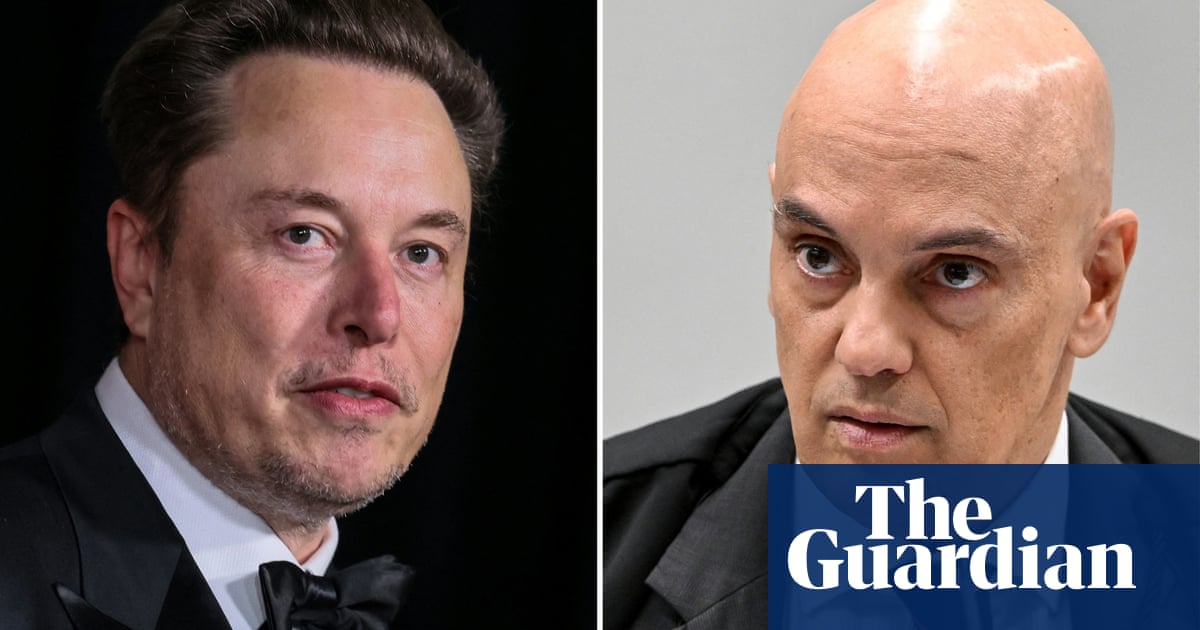Late on Friday afternoon, Justice Alexandre de Moraes – who has been engaged in a dispute with X’s owner, Elon Musk, since April – ordered the “immediate, complete and total suspension of X’s operations” in the country, “until all court orders … are complied with, fines are duly paid, and a new legal representative for the company is appointed in the country”.
He gave Brazil’s National Telecommunications Agency 24 hours to enforce the decision. Once notified, the agency must pass the order on to the more than 20,000 broadband internet providers in the country, each of which must block X.
In an interview with the TV channel Globonews, the agency’s president, Carlos Manuel Baigorri, said the order had already been passed on to internet providers.
“Since we’re talking about more than 20,000 companies, each will have its own implementation time, but … we expect that probably over the weekend all companies will be able to implement the block,” he said.
Justice Moraes also summoned Apple and Google to “implement technological barriers to prevent the use of the X app by users of the iOS and Android systems” and to block the use of virtual private network (VPN) applications.
The decision imposes a daily fine of R$50,000 (£6,800) on individuals and companies that attempt to continue using X via VPN.



Wait, there are 20,000 ISPs!?
idk where that number came from, but there’s a survey from 2022 listing 11,630 providers. That would average 2.08 per municipality and makes sense imo. The larger-scale telecom infrastructure is still an oligopoly though.
I’m guessing they mean regional subsidiaries, Brazil is big, but not that big.
Brazil has a lot of small, very small, ISPs. There was a law some time back that boosted the market for smaller ISPs. On my street I have a small ISP that only runs cables and internet to a portion of my neighborhood. However, those smaller ISPs are usually buying their connection from the few giant companies in the business and redistributing it through their own means. Crazy part though: often they have better prices and support when compared to the giant ISPs they’re buying their internet access from.
105% the landmass of the lower 48 states of USA.